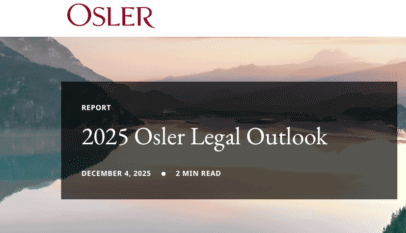
GDPR helps marketers tighten up data hygiene and build more customer trust
As GDPR ages past its first year, with potential fines up to $9.3 billion hitting the likes of Google, Facebook and Instagram thus far, the rights of consumers and operating dynamics of businesses have shifted, adding complexity to an already challenging business environment. Furthermore, the introduction of new data privacy regulations in California becoming law in 2020 and other states looking to adopt similar regulation, marketers will need to reassess their marketing strategies and tactics.

The key question is: How will this new regulation — which essentially gives consumers greater transparency and control over their data — change the way companies market? Contrary to many marketers’ expectations, the effect can help rather than hinder. A recent study from IBM reveals that nearly 60 percent of organizations surveyed see GDPR as an opportunity to improve privacy, security, data management or as a catalyst for new business models, rather than simply a compliance issue or impediment.
With the potential for more states to follow and US federal legislation potentially covering the entire country, marketers will need to leverage this opportunity to establish trust with their target audience, build their brand with authenticity and develop deeper customer loyalty. Moreover, GDPR and other privacy regulations force marketers to focus their attention on improving data hygiene processes, leading to better targeting and higher quality interactions.
To support this point, take a look at IBM’s recent Marketing Benchmark Report, highlighting marketers in countries with stricter privacy legislation outperforming countries with less regulation. For example, marketers in Canada have posted the highest email mean and median open rates for several years after preparing for the strict Canadian anti-spam rules (CASL) regulations that were announced in 2014 and which went into effect in 2017. Canada had significantly outperformed all other geographic regions with a mean of 38.5 percent and top quartile median unique open rate of 59.8 percent.
GDPR and other privacy regulations force marketers to focus their attention on improving data hygiene processes, leading to better targeting and higher quality interactions.
The end game will be to transcend a business’s day-to-day transactions and transform the relationship between customer and business with an exchange of secured and trusted data that allows for deeper personalization of content from marketers to buyers and vice versa. Companies ignoring this new consumer world and the many benefits that follow will be left behind with cost penalties that will hurt their bottom lines as well as the opportunity to take customer-centric approaches to marketing to the next level.




























